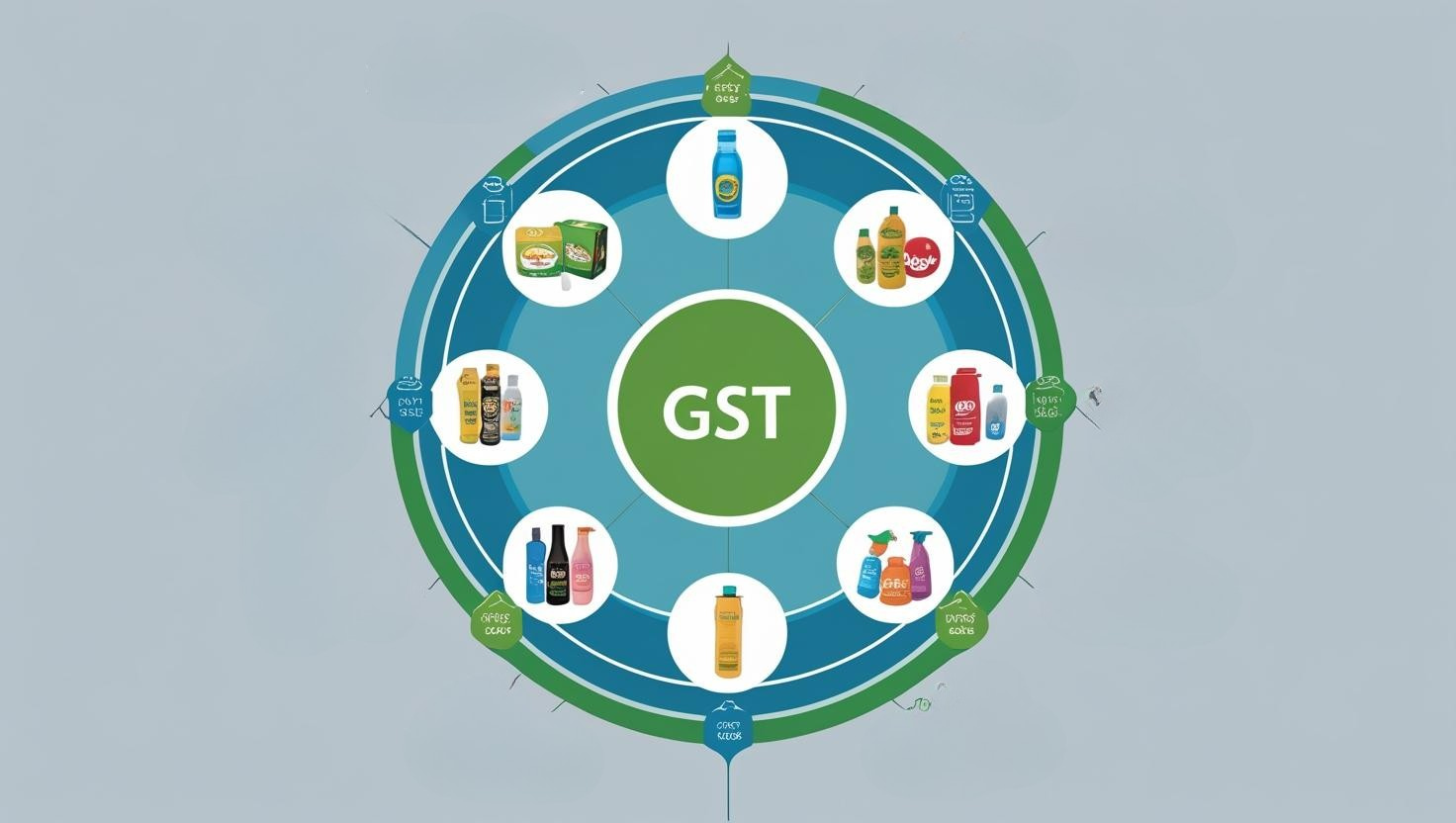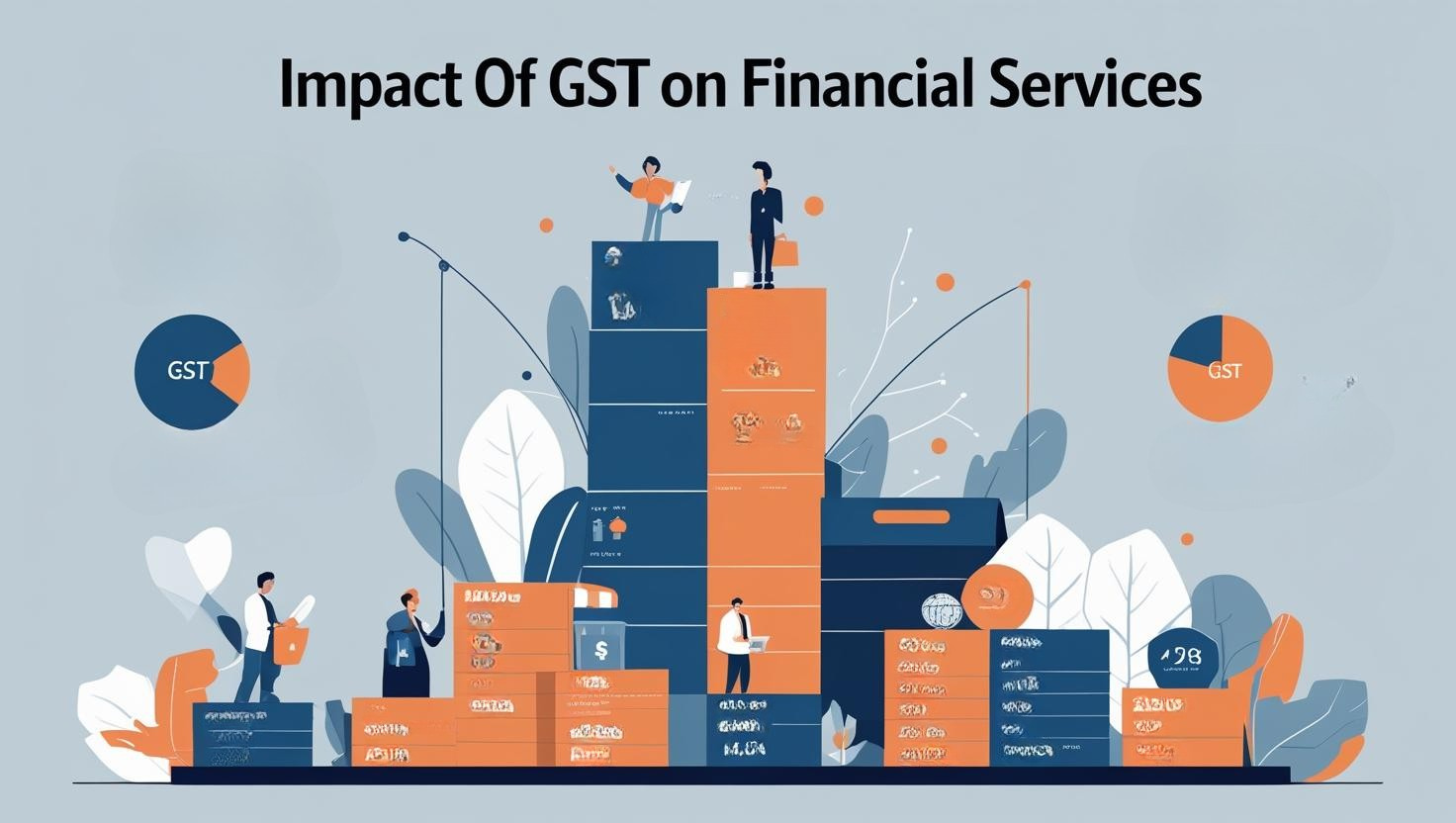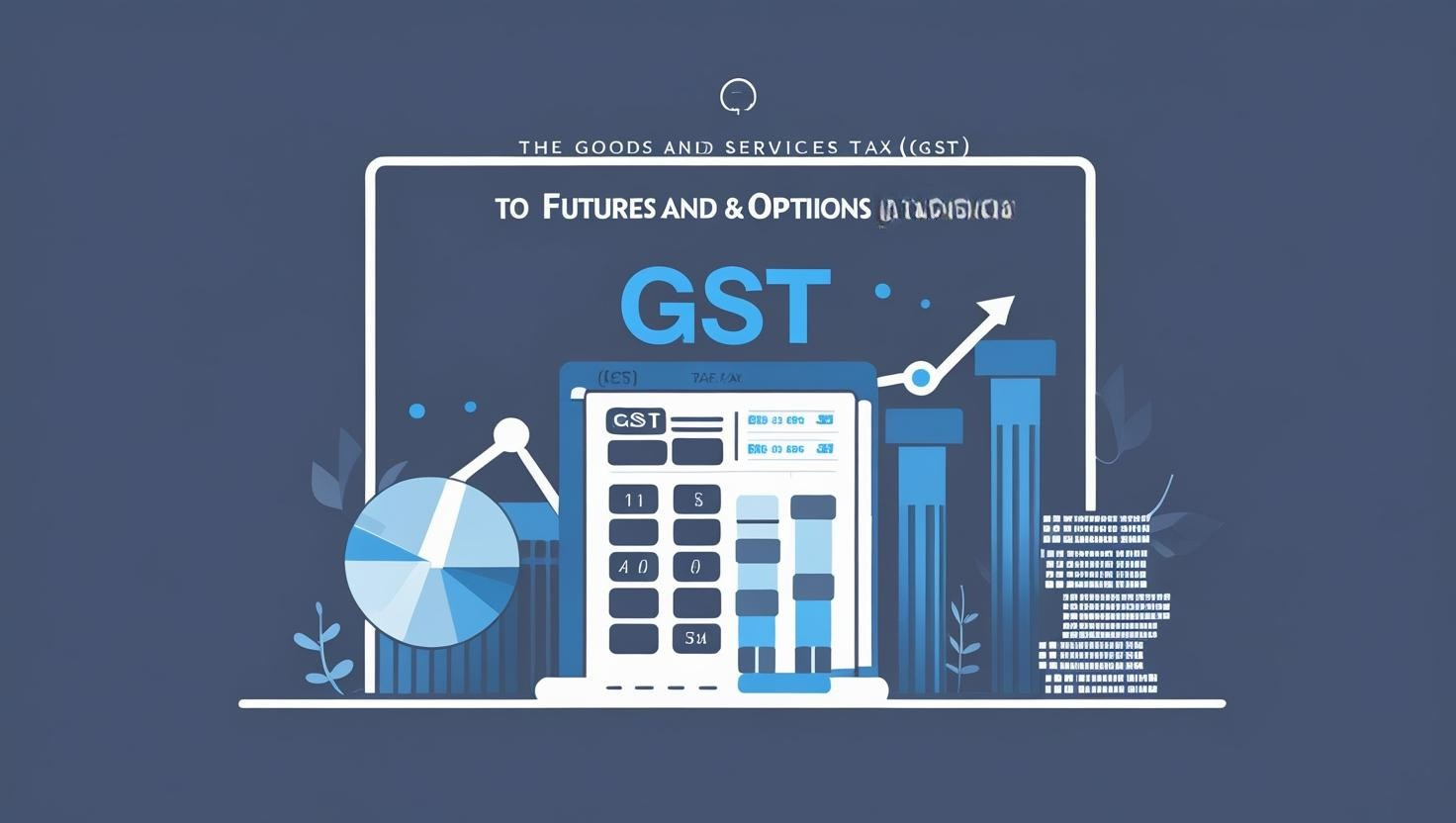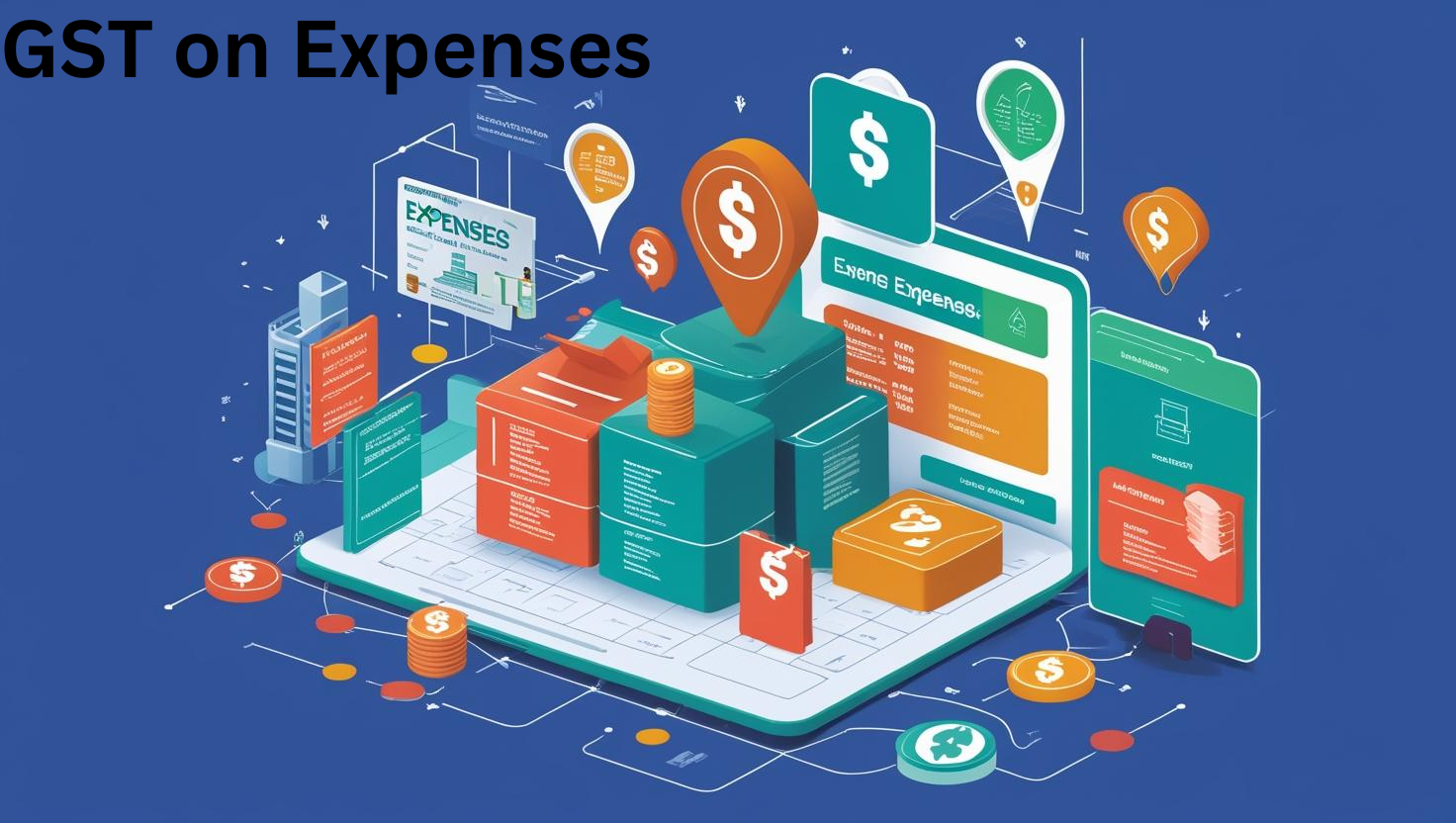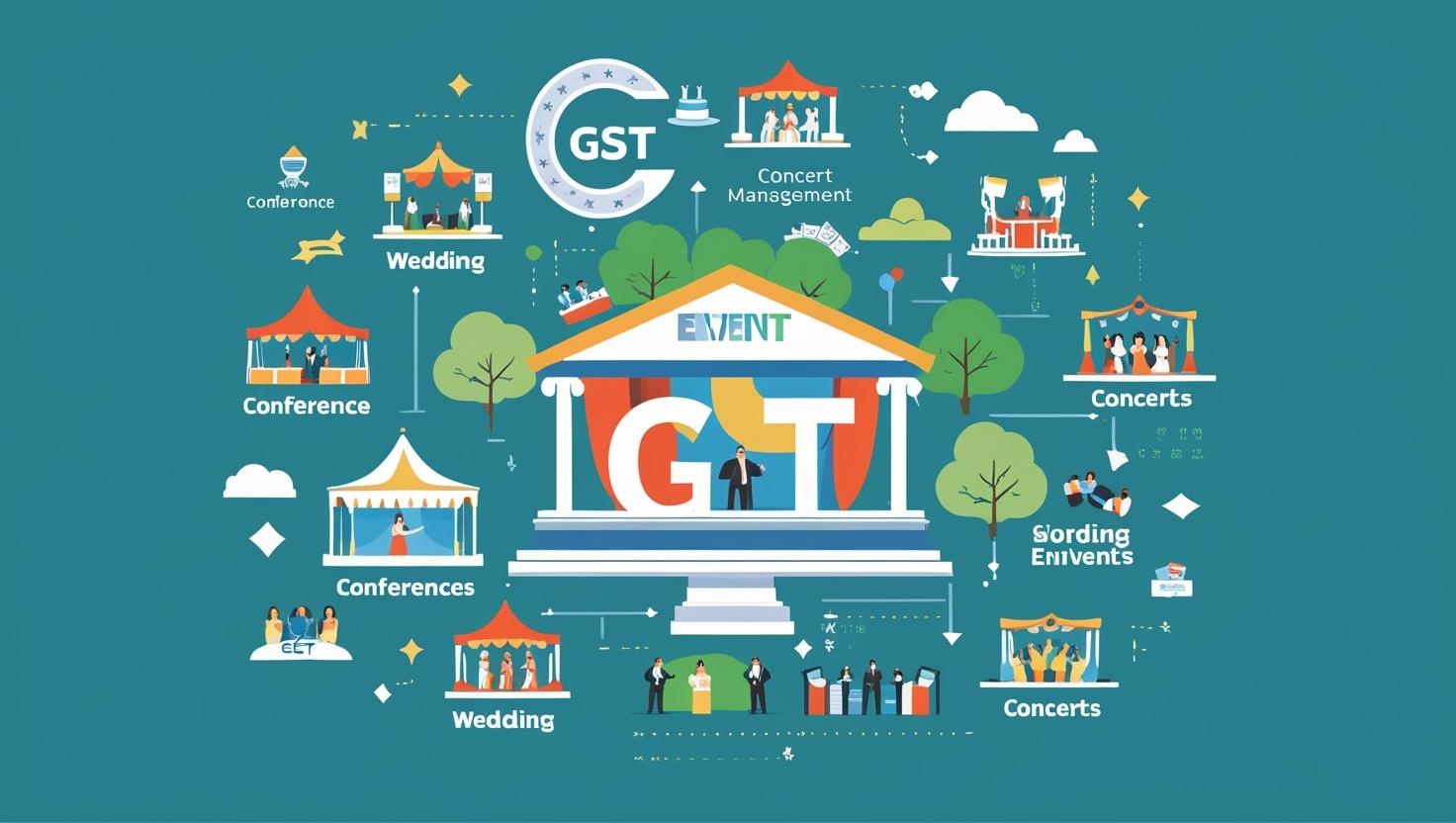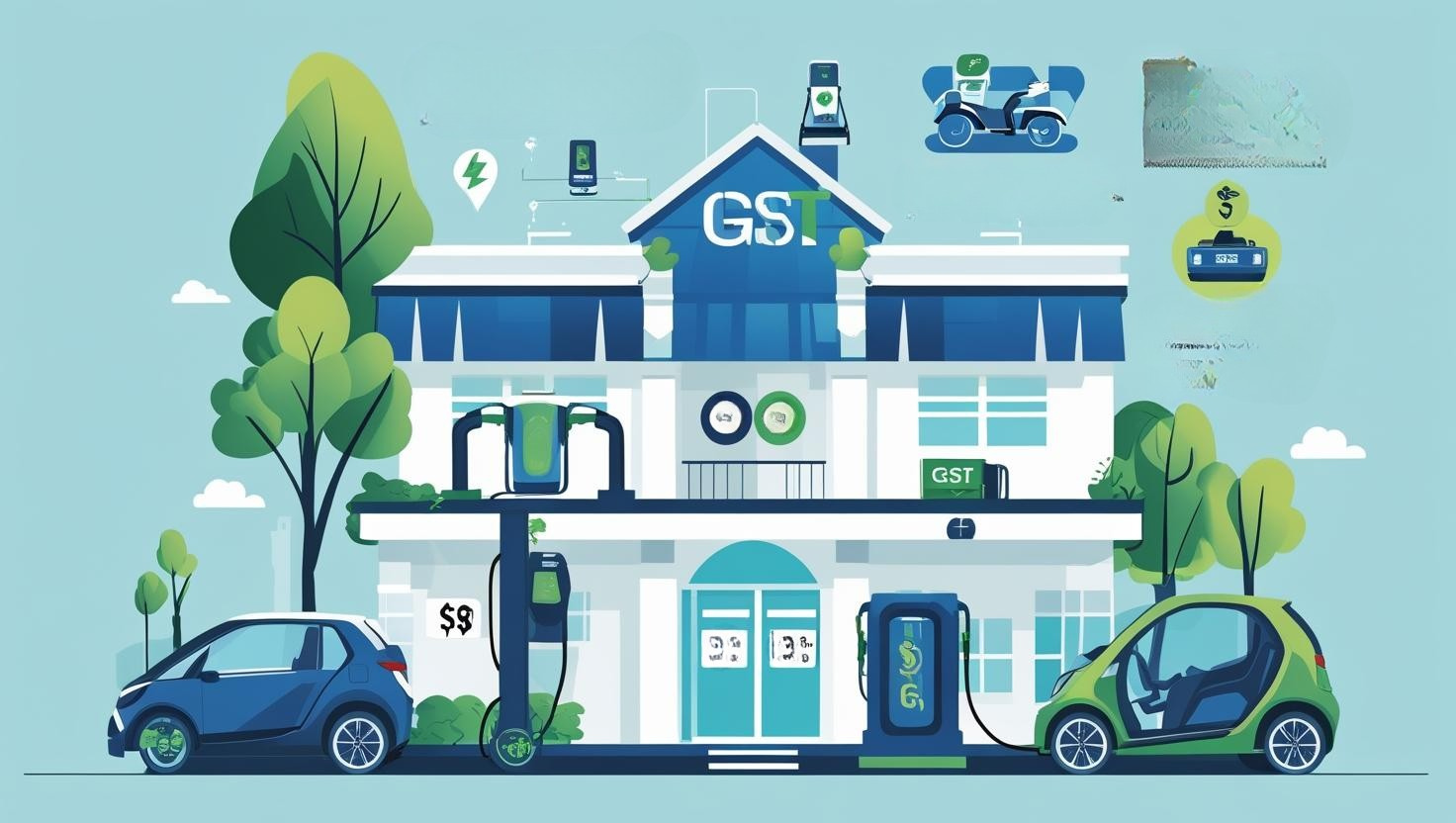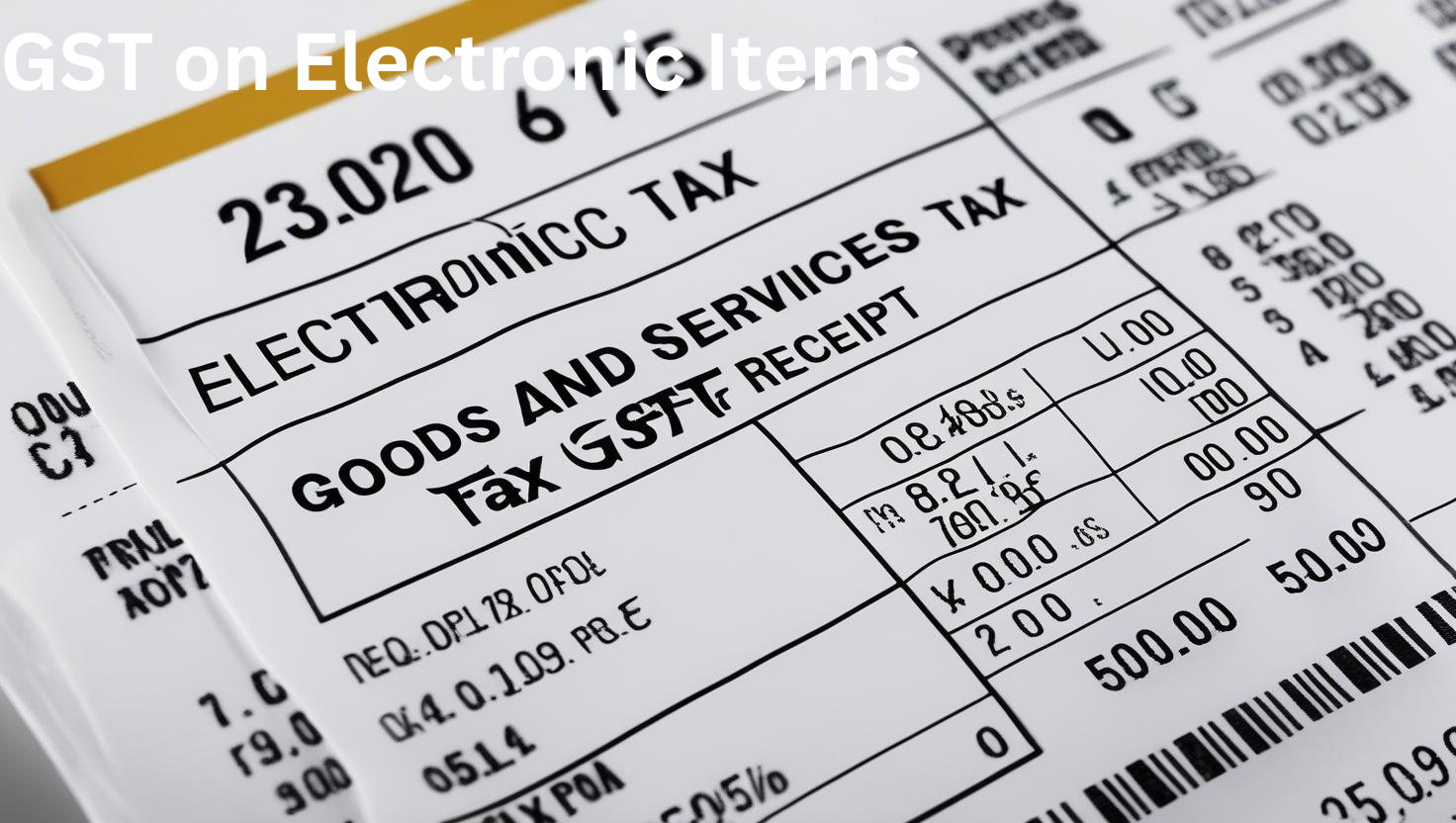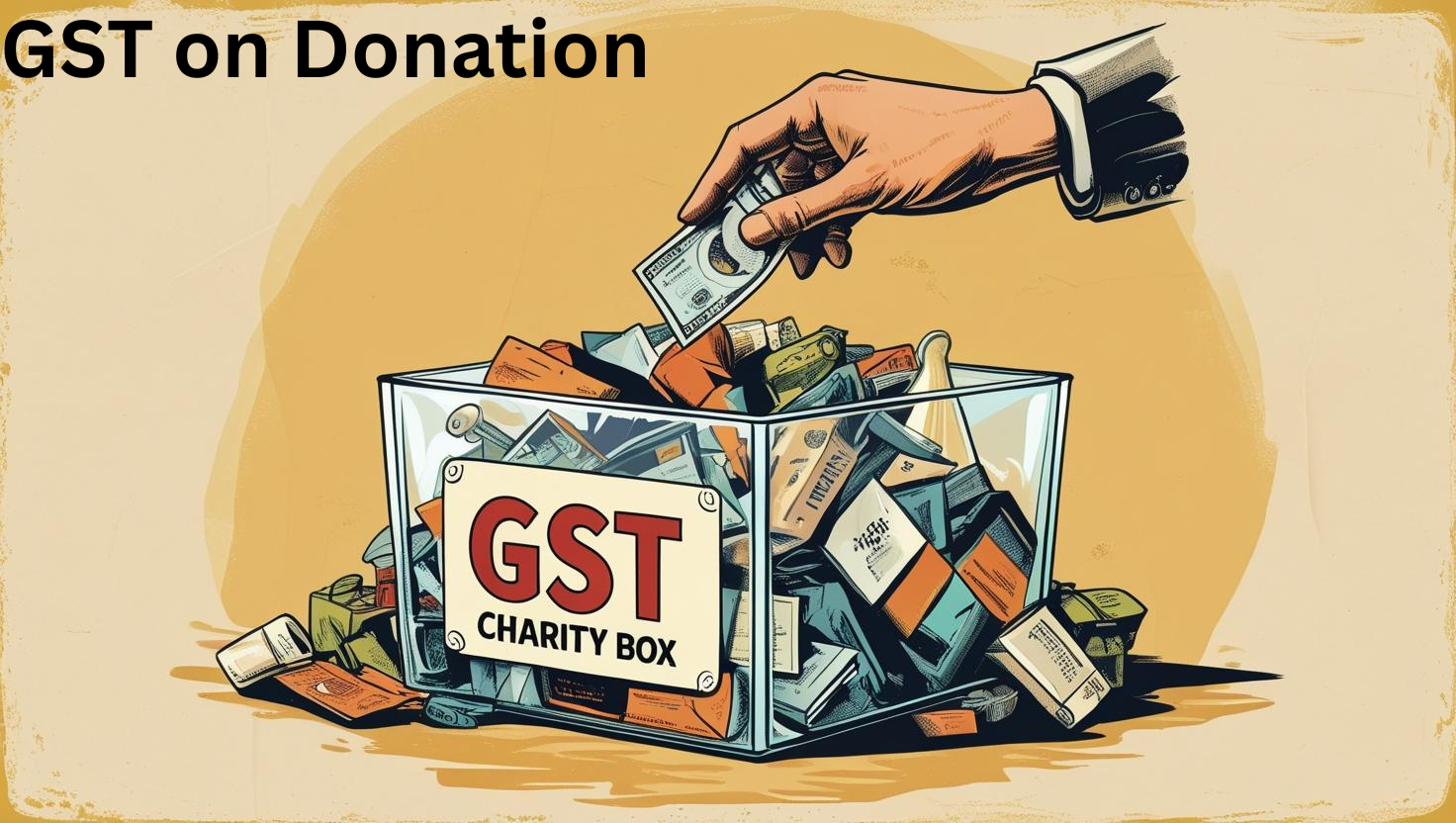The GST plays a significant role in determining travel costs for passengers in India. The GST slab for flight tickets is distributed across 5% and 12%, depending on the ticket type. GST applies to both domestic and international flight tickets, making it essential for travellers to understand these charges. As civil aviation emerges as a booming sector of the Indian economy, staying informed about GST rates is important. Economy class tickets generally attract a GST rate of 5%, while business class tickets are subject to a 12% GST rate. This article provides detailed information on GST rates on flight tickets, including GST on domestic flight tickets,
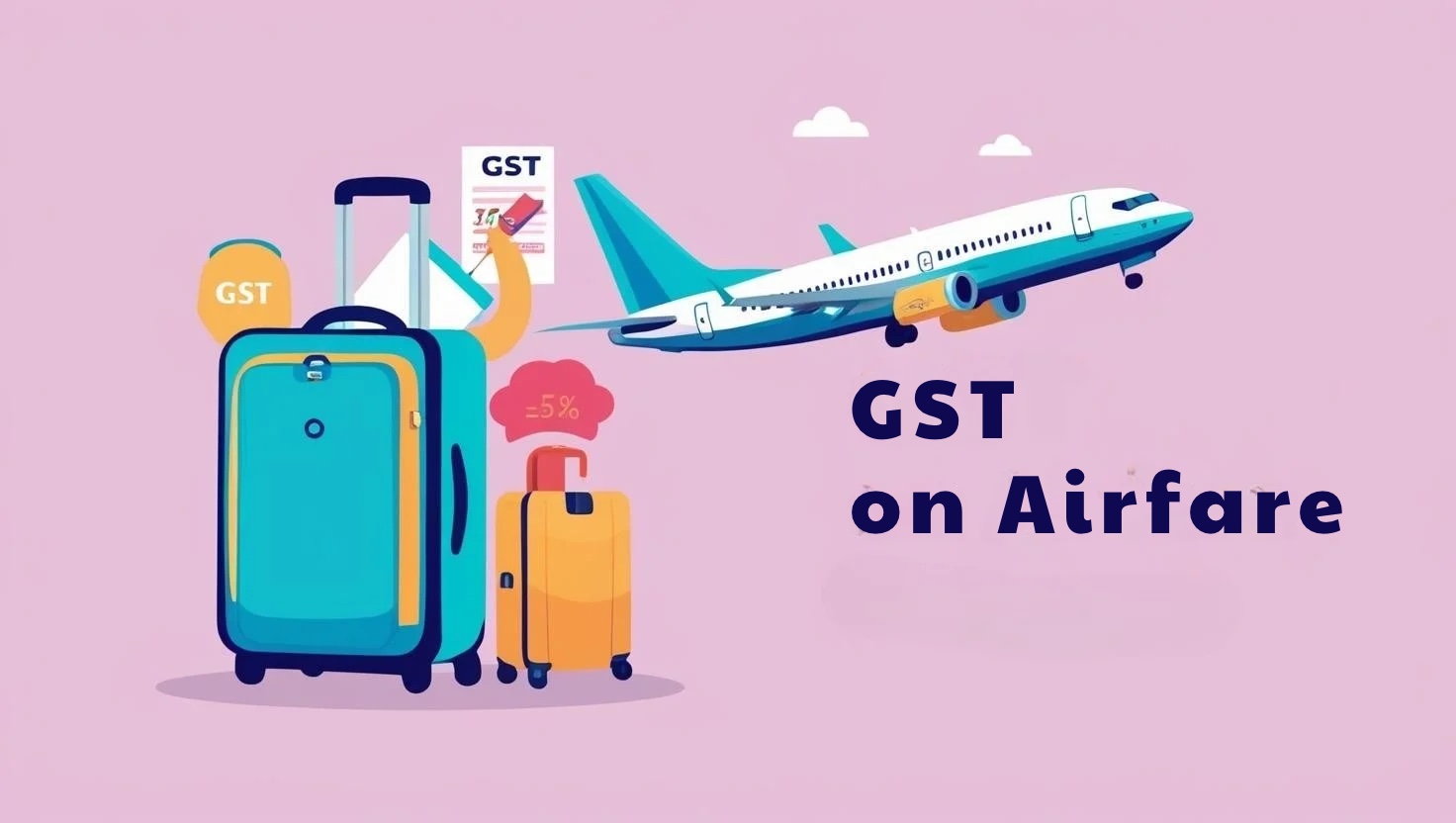
What is GST on Flight Tickets?
GST on flight tickets typically falls within the 5% or 12% tax brackets, depending on the type of flight and class of travel. Whether you are a regular flyer, a business traveller, or someone who wants to understand GST on air travel, this section details the applicable GST rates for both domestic and international flight tickets,
Flight Type | Flight Class | GST Rate on flight tickets |
Domestic | Economy | 5% |
Domestic | Business | 12% |
International | Economy | 5% |
International | Business | 12 % |
Economy class air travel to or from the states of Arunachal Pradesh, Assam, Manipur, Meghalaya, Mizoram, Nagaland, Sikkim, Tripura, or Bagdogra in West Bengal is exempt from GST on flight tickets. Moreover, air travel beginning from or terminating in any airport within the regional connectivity scheme airports shall be exempt from GST.
A Comparison of Prices – Pre and Post GST
Example of Pre-GST for Flight Tickets:
| Charges | Economy Tickets (INR) | Business Tickets (INR) |
| Base Airfare | 1200 | 5000 |
| Airline Fuel Charge | 400 | 1600 |
| CUTE Fee (Common User Terminal Equipment) | 30 | 120 |
| Passenger Service Fee | 150 | 400 |
| User Development Fee | 85 | 250 |
| Airline Service Tax (5.6% for Economy, 8.4% for Business) | 104 | 624.12 |
| Surcharge | 10 | 60 |
| Total Charge | 1979 | 8054 |
Example of Post-GST for Flight Tickets:
| Charges | Economy Tickets (INR) | Business Tickets (INR) |
| Base Airfare | 1200 | 5000 |
| Airline Fuel Charge | 400 | 1600 |
| CUTE Fee (Common User Terminal Equipment) | 30 | 120 |
| Passenger Service Fee | 150 | 400 |
| User Development Fee | 85 | 250 |
| GST (5% for Economy, 12% for Business) | 93.75 | 891 |
| Surcharge | 10 | 60 |
| Total Charge | 1968 | 8321 |
Claiming ITC on Flight Tickets: A Step-by-Step Guide
The Goods and Services Tax (GST) regime allows businesses to claim input tax credit (ITC) on the taxes paid on goods and services used for business purposes. This includes travel expenses like GST on flight tickets. To claim ITC on flight tickets, the travel must be directly related to business activities. This typically includes attending conferences and client meetings, inspecting potential business locations, meeting with suppliers or vendors, etc.
FAQs
Q1. Is GST applicable on ancillary services like seat selection and extra baggage?
Ancillary services are considered bundled supplies with air travel for passengers. Therefore, they cannot be taxed in isolation and are taxed at the same rate as the service. To be clear, ancillary services at taxed at 5% for economy class and 12% for business class.
Q2. What is the GST rate on air cargo services?
The transportation of goods from India to a place outside of India(outbound freight) depends on the place of supply while the opposite(inbound freight) is tax-exempt. On the other hand, domestic air cargo attracts a GST rate of 18%.
Q3. How to Claim ITC?
STEP 1: Provide Your Business GST Number During Flight Booking
When booking a flight ticket, ensure you provide your business entity’s GST number. This information enables the airline to generate a GST invoice for your records.
STEP 2: Request a Detailed GST Invoice After Your Flight
After your flight, request a GST invoice from the airline. The invoice should include the following details:
- Invoice Number
- Date of Issue
- Name and GST Number of the Airline
- Name and GST Number of Your Business
- Flight Details (origin, destination, date)
- Total Amount
- GST Amount
STEP 3: Keep a Record of the GST Invoice and Itinerary
Maintain a record of the GST invoice along with the corresponding flight itinerary. This documentation is essential for future reference.
STEP 4: Claim Input Tax Credit (ITC) in Your GST Returns
In your GST returns, claim the Input Tax Credit (ITC) based on the GST amount specified on the invoice. This step is crucial for reducing your business travel expenses.
Q4. What is the GST on international flight tickets?
The GST on flight tickets for international travel is set at 5% for economy-class tickets and 12% for premium economy, business, and first-class tickets.
Q5. Do I get a GST invoice for my flight ticket?
Yes, airlines usually issue a GST invoice right after ticket booking confirmation or after the travel. Ensure that your business GSTIN is entered correctly at the time of booking.
Q6. How to Claim ITC for Cancelled Flight Tickets?
When a flight is cancelled, businesses may wonder if they can claim GST. The answer depends on the airline’s cancellation process and refund issuance.
- Refunds with GST Reversal: If a business receives a full refund, including GST, ITC cannot be claimed as the GST is reversed by the airline.
- Partial Refunds or Non-Refundable Tickets: For partial refunds or non-refundable tickets, businesses can claim ITC on the non-refunded GST amount. Ensure the cancellation terms are stated, and the invoice reflects the updated cancellation details.
- Required Documentation: Retain the original GST invoice and any cancellation-related communication for ITC claims. This is essential in case tax authorities audit the claim.
Q7. Is there GST on chartered flights or private jets?
Yes, chartered flights attract a GST rate of 5% if used for religious purposes.
Related Resources


